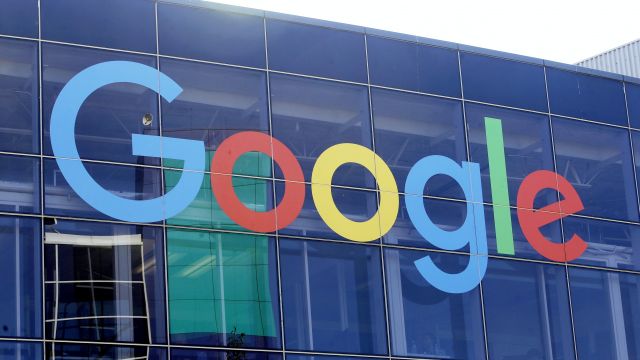The legal action over alleged violations of US antitrust laws marks the US government’s most significant act to protect competition since its case against Microsoft more than 20 years ago.
It could be an opening move ahead of other major government antitrust actions, given ongoing investigations of major tech companies including Apple, Amazon and Facebook at both the Justice Department and the Federal Trade Commission.
“Google is the gateway to the internet and a search advertising behemoth,” US deputy attorney general Jeff Rosen told reporters. “It has maintained its monopoly power through exclusionary practices that are harmful to competition.”
Antitrust cases in the technology industry have to move quickly, he said, otherwise “we could lose the next wave of innovation”.
The Justice Department is not seeking specific changes in Google’s structure or other remedies but is not ruling out seeking additional relief, officials said.
Legislators and consumer advocates have long accused Google, whose corporate parent Alphabet Inc has a market value of just over one trillion US dollars (£771 billion), of abusing its dominance in online search and advertising to stifle competition and boost its profits.
Google is the gateway to the internet and a search advertising behemoth. It has maintained its monopoly power through exclusionary practices that are harmful to competition
Critics contend that multibillion-dollar fines and mandated changes in Google’s practices imposed by European regulators in recent years were not severe enough and that structural changes are needed for Google to change its conduct.
Google responded to the legal action by tweeting: “Today’s lawsuit by the Department of Justice is deeply flawed. People use Google because they choose to — not because they’re forced to or because they can’t find alternatives.”
The case was filed in federal court in Washington DC and alleges that Google uses billions of dollars collected from advertisers to pay phone manufacturers to ensure Google is the default search engine on browsers.
Arkansas, Florida, Georgia, Indiana, Kentucky, Louisiana, Mississippi, Missouri, Montana, South Carolina and Texas will join the action, according to court records.
A top economic adviser to US President Donald Trump said two years ago that the White House was considering whether Google searches should be subject to government regulation.
The company has been bracing itself for the government’s action and is expected to fiercely oppose any attempt to force it to spin off its services into separate businesses.
The company has long denied the claims of unfair competition and argues that, although its businesses are large, they are useful and beneficial to consumers.
Today’s lawsuit by the Department of Justice is deeply flawed. People use Google because they choose to -- not because they're forced to or because they can't find alternatives. We will have a full statement this morning.
— Google Public Policy (@googlepubpolicy) October 20, 2020
It maintains that its services face ample competition and have unleashed innovations that help people manage their lives.
Most of Google’s services are offered for free in exchange for personal information that helps it sell its ads.
Google says that it holds no special power forcing people to use its free services or preventing them from going elsewhere.
A recent report from a US House Judiciary sub-committee, following a year-long investigation into big tech’s market dominance, concluded that Google has monopoly power in the market for search.
It said the company established its position in several markets through acquisition, snapping up successful technologies that other businesses had developed and bought an estimated 260 companies in 20 years.
Google owns the leading web browser in Chrome, the world’s largest smartphone operating system in Android, the top video site in YouTube and the most popular digital mapping system.







